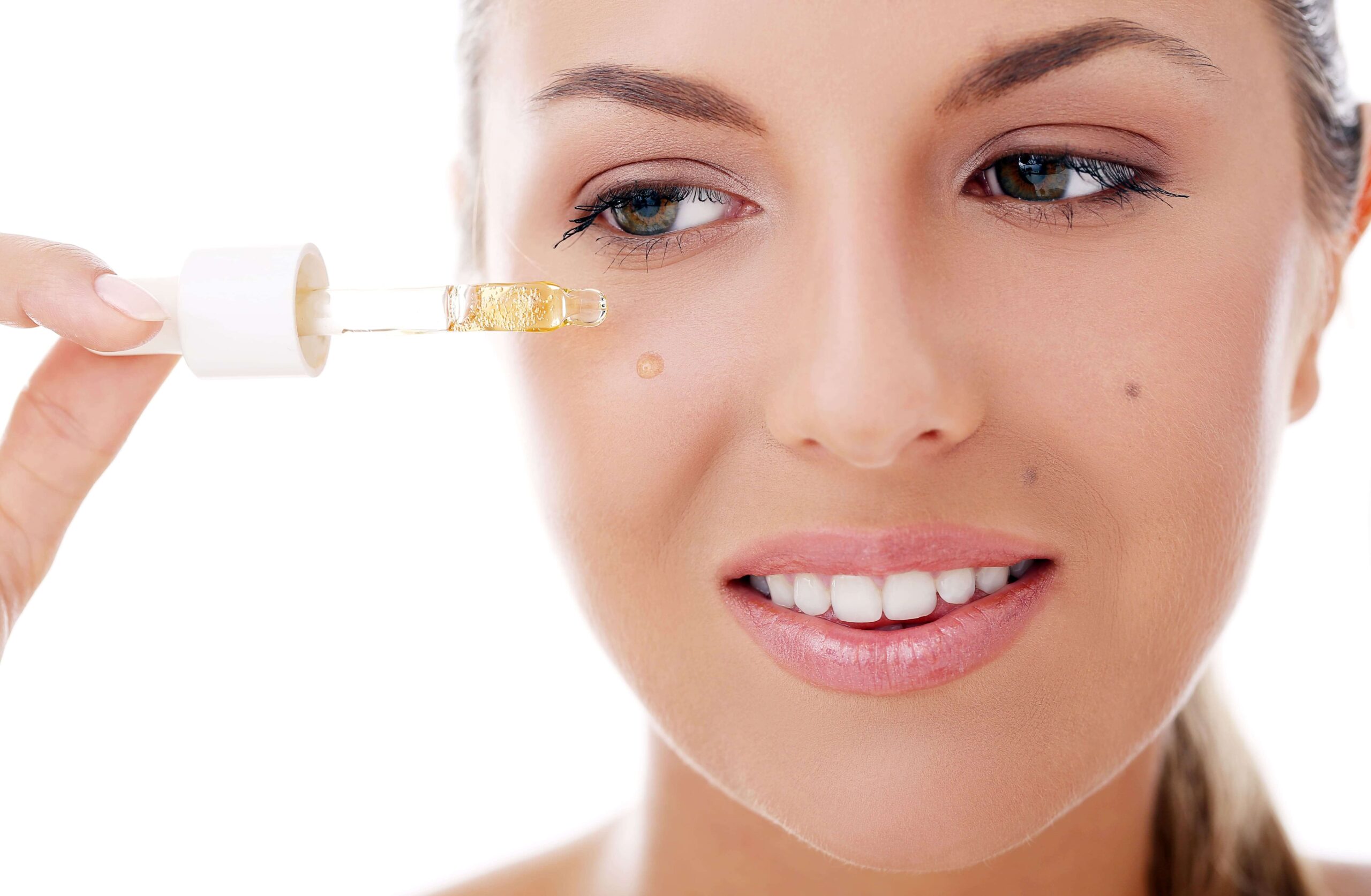In the quest for youthful and radiant skin, many individuals turn to various skincare products and treatments. One ingredient that has gained significant attention is hyaluronic acid. This natural substance has become a staple in the beauty industry, with claims of its ability to hydrate and plump the skin, reduce fine lines and wrinkles, and improve overall skin texture. In this article, we will delve into the wonders of hyaluronic acid, exploring its benefits, uses, and how it can help you achieve a more youthful complexion.
Understanding Hyaluronic Acid
Hyaluronic acid is a naturally occurring substance found in the human body, particularly in the skin, eyes, and connective tissues. It acts as a lubricant and shock absorber, playing a vital role in maintaining the structural integrity of our skin and joints. Despite its name, hyaluronic acid is not harsh or drying but, in fact, is incredibly hydrating.
The Role of Hyaluronic Acid in the Skin
In the skin, hyaluronic acid functions as a humectant, attracting and retaining moisture to keep the skin hydrated and supple. It has the remarkable ability to hold up to 1,000 times its weight in water, making it a powerhouse for hydration. As we age, the natural production of hyaluronic acid in our bodies decreases, resulting in drier and less plump skin.
Hyaluronic Acid and Skin Hydration
One of the primary benefits of hyaluronic acid is its exceptional hydrating properties. When applied topically or injected into the skin, it forms a moisture-retaining barrier, preventing water loss and ensuring that the skin remains adequately hydrated. This hydration not only gives the skin a youthful glow but also helps to minimize the appearance of fine lines and wrinkles.
Hyaluronic Acid for Anti-Aging
As we age, our skin loses its firmness and elasticity, leading to the formation of wrinkles and sagging. Hyaluronic acid can help combat these signs of aging by replenishing the skin’s moisture levels and restoring its plumpness. By hydrating the skin from within, it fills in fine lines and wrinkles, resulting in a smoother and more youthful complexion.
Hyaluronic Acid in Skincare Products
Hyaluronic acid has become a popular ingredient in many skincare products, including moisturizers, serums, and masks. Its lightweight and non-greasy texture make it suitable for all skin types. When choosing skincare products containing hyaluronic acid, opt for those with a lower molecular weight, as they can penetrate deeper into the skin and provide better results.
Incorporating Hyaluronic Acid into Your Skincare Routine
To reap the benefits of hyaluronic acid, it is essential to incorporate it into your daily skincare routine. Start with a cleanser to remove impurities, followed by a toner to balance the skin’s pH levels. Next, apply a hyaluronic acid serum, gently massaging it into the skin to promote absorption. Finally, seal in the moisture with a moisturizer containing hyaluronic acid and other nourishing ingredients.
Hyaluronic Acid Injections: An Alternative Treatment
For more dramatic results, some individuals opt for hyaluronic acid injections, commonly known as dermal fillers. These injections can target specific areas of concern, such as deep wrinkles or loss of volume in the cheeks. It is crucial to consult with a qualified professional before considering this treatment to ensure safety and desired outcomes.
The Safety and Side Effects of Hyaluronic Acid
Hyaluronic acid is generally considered safe for topical and injectable use. However, some individuals may experience mild side effects, such as redness, itching, or swelling at the injection site. It is crucial to follow the instructions provided by the product or treatment and consult with a healthcare professional if any adverse reactions occur.
Hyaluronic Acid and Other Health Benefits
Beyond its skincare benefits, hyaluronic acid has shown potential in improving joint health, relieving dry eye symptoms, and promoting wound healing. Research is ongoing to explore its efficacy in various medical applications, highlighting its versatility and therapeutic potential.
Frequently Asked Questions (FAQs)
- Q1: Can hyaluronic acid be used on all skin types?
A1: Yes, hyaluronic acid is suitable for all skin types, including sensitive and acne-prone skin.
- Q2: How long does hyaluronic acid last in the skin?
A2: The effects of hyaluronic acid vary depending on the product and individual factors. Generally, the results can last several months before requiring maintenance treatments.
- Q3: Can I use hyaluronic acid if I have oily skin?
A3: Absolutely! Hyaluronic acid is lightweight and non-comedogenic, making it an excellent choice for oily skin types.
- Q4: Are hyaluronic acid injections painful?
A4: Discomfort during hyaluronic acid injections is typically minimal. Many products contain a numbing agent to enhance comfort during the procedure.
- Q5: Can hyaluronic acid replace moisturizers?
A5: While hyaluronic acid provides excellent hydration, it is still beneficial to use a moisturizer to seal in the moisture and provide additional nourishment to the skin.
Hyaluronic acid has emerged as a skincare superstar, revolutionizing the way we approach anti-aging and hydration. Its remarkable ability to retain moisture, plump the skin, and reduce the appearance of fine lines and wrinkles has made it a sought-after ingredient in the beauty industry. By incorporating hyaluronic acid into your skincare routine, you can unlock the key to youthful and radiant skin.
